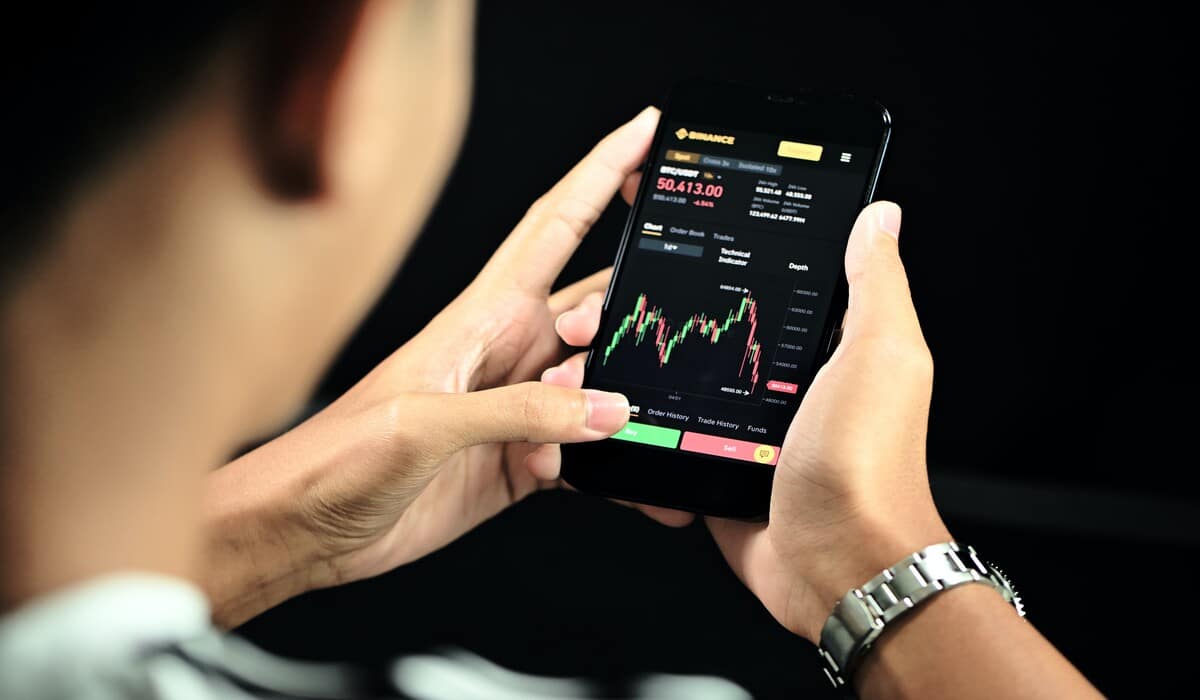Liquidity for Difference Trading
For forex brokers, trading crypto CFDs might result in significant gains. While CFD trading charges are typically greater than spot trading fees, providing this service may help your company’s bottom line. Before offering this service, it is critical to understand the market and the risks involved since restricted liquidity might result in significant losses for unwary traders.
Liquidity is critical when it comes to CFD trading. Still, a currency with low liquidity may have its price swing dramatically when traded.
Liquidity in crypto CFDs is critical for two reasons. For starters, it impacts the broker’s capacity to execute deals. If the market lacks liquidity, the broker may be unable to complete deals at the required price, resulting in losses for the customer. Second, liquidity impacts a trader’s ability to exit a deal. If liquidity is low, the trader may be unable to sell his position at the targeted price, resulting in a loss.
Bitcoin, for example, has extremely high liquidity, which means that it may be purchased and traded with no effect on the price. As a result, it is an excellent asset for CFD trading. Since Bitcoin liquidity is strong, it appeals to brokers and traders. For example, a trader interested in purchasing Bitcoin might do so without fear of the price spiking abruptly against him. Similarly, a trader wishing to sell his position could do so without fear of not finding a buyer.
Trading a coin with little liquidity, on the other hand, might be hazardous. More liquidity might result in significant losses for unwary traders.
High Liquidity Assets
High-liquidity assets like Bitcoin are often more appealing since they provide less risk and more excellent reward prospects. On the other hand, low-liquidity assets may be traded, provided the risks are known and effectively handled. As a result, brokers and traders must evaluate the liquidity of their trade assets.
A variety of variables influence market liquidity, including market size, trading activity, and the existence of market makers. Market makers are entities that purchase and sell assets to offer liquidity to the market.
As the market expands and becomes more liquid, brokers will find it simpler to supply liquidity to their customers and execute deals at the required price.
Photo by Kanchanara on Unsplash


